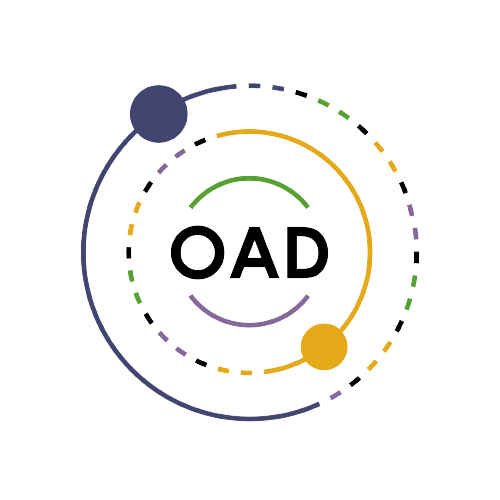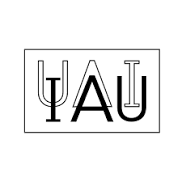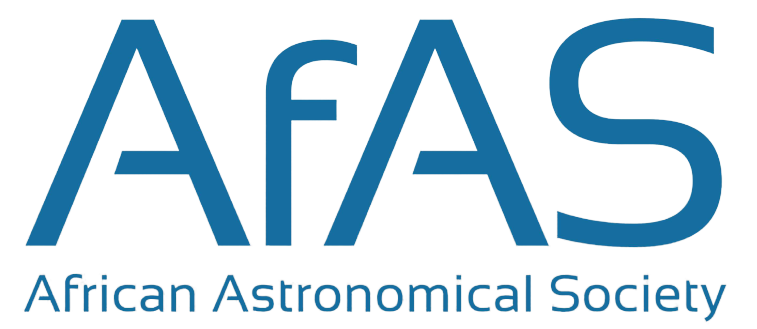Programme / Advancing Africa’s Astronomy Agenda
‹ back to Programme listerDay
Tuesday / 6 DEC
11:30 - 13:00
The African continent has always suffered the effects of a negative global perception – so-called “Afro-pessimism” – not only economically and politically but especially in science and technology. The rapid growth of astronomy in Africa over the past two decades, led by world-class initiatives such as the Southern African Large Telescope (SALT), the MeerKAT Radio Telescope, MeerLICHT, the Oukaïmeden observatory, the Entoto observatory, and High Energy Stereoscopic System (H.E.S.S) have served to change the narrative about what Africa is capable of. In astronomy, Africa currently claims its place among international peers in one of the most technically challenging fields imaginable. In line with the WSF theme of Science for Social Justice, this session will delve into how the science of astronomy is being used not only to grow skills and opportunities on the continent but also to stimulate development through all aspects of astronomy. Importantly, the session will address how the opportunities created by astronomy, such as the 2024 International Astronomical Union’s General Assembly, could potentially change global perspectives about Africa. The hosts of the session, the African Astronomical Society and the International Astronomical Union’s Office of Astronomy for Development have significant experience and networks across Africa to lead a discussion on how the various initiatives are facilitating the development of astronomy in Africa as well as plans to ensure that Africa becomes one of the leaders in astronomy internationally. This session presents an opportunity for major role players to highlight how various activities on the continent enable the advancement of astronomy in Africa and plans to ensure that Africa becomes one of the world's leaders in the field. Furthermore, discussions aim to encourage collaborative research and innovation in astronomy and related sciences as well as address topics such as astronomy for development and outreach and education programs, promoting interdisciplinary approaches on how science can contribute to society and address global challenges and how these collaborations can help us achieve the Sustainable Development Goals.
speakers:
- Takalani Nemaungani, , Department of Science and Innovation (DSI)
- Thebe Medupe, , African Astronomical Society (AfAS)-North-West University (NWU)
- Vanessa McBride, , International Astronomical Union-Office of Astronomy for Development (IAU-OAD)
- Rob Adam, Advisor, SARAO
- Mirjana Pović, , African Astronomical Society (AfAS)


